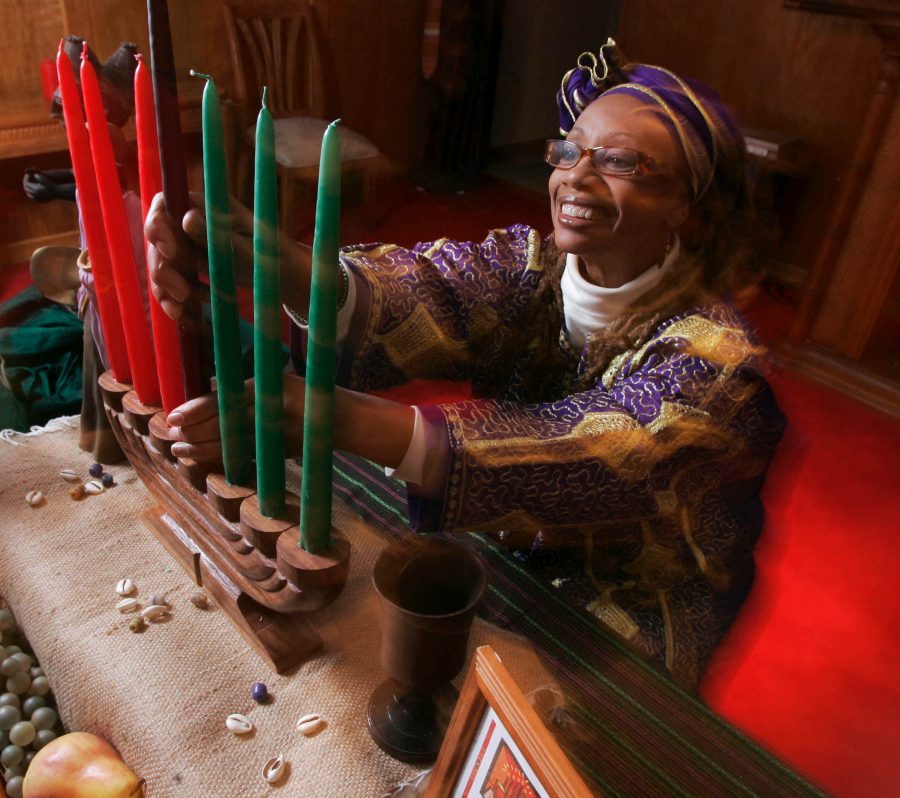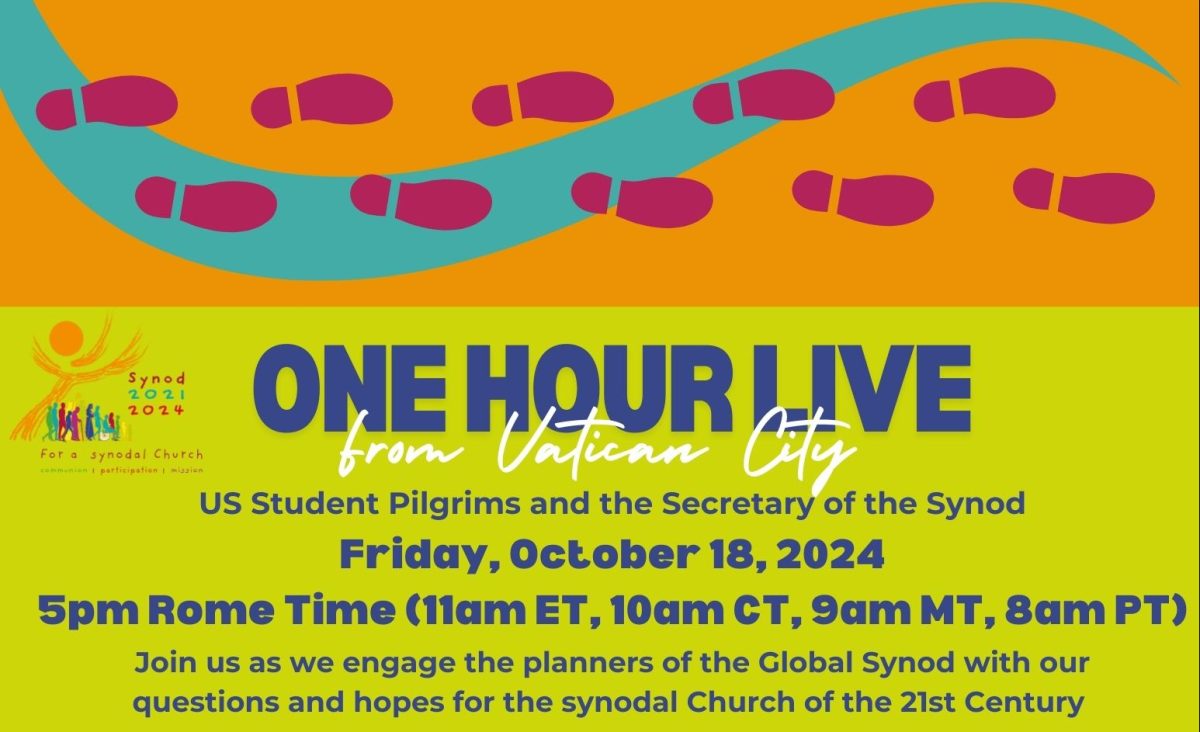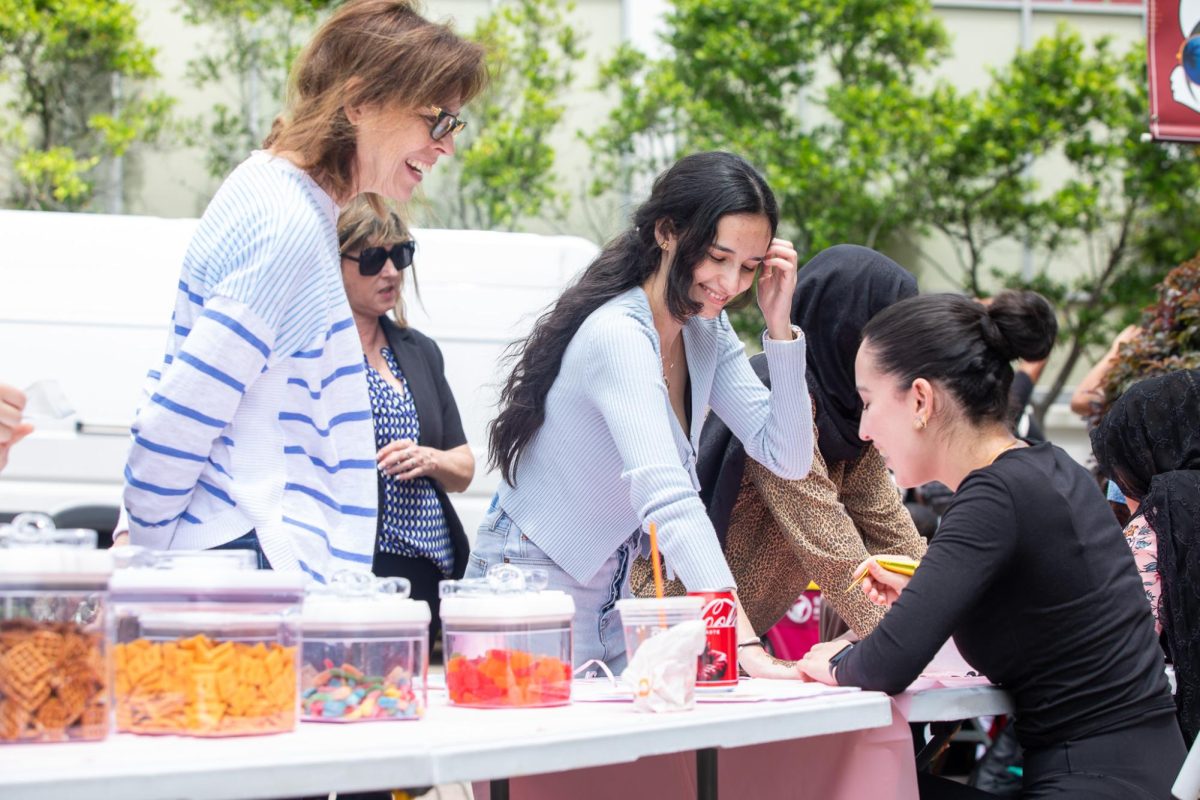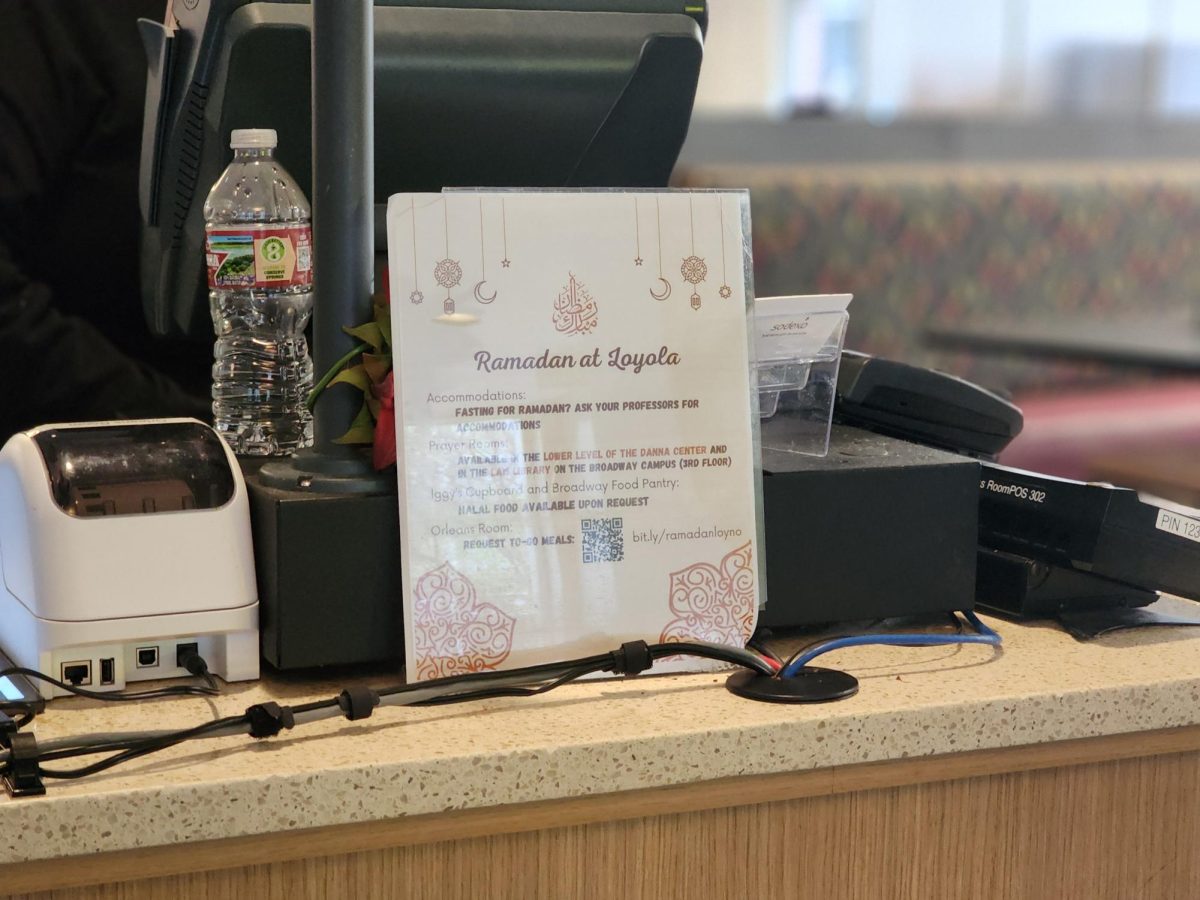Kwanzaa is a unique holiday that lands in the mixture of Hanukkah, Christmas and New Year’s Eve, but does not receive as much attention.
Unlike the Christian and Jewish Observances, Kwanzaa is not religious in nature. It is a celebration of culture, community, and family mainly by people of African descent people throughout the world. This year Kwanzaa will take place between Dec. 26, 2016 and Jan. 1, 2017.
With the rich African culture New Orleans holds, there are various different Kwanzaa celebrations in the Crescent City. The Ashé Cultural Arts Center holds a celebration relating to Kwanzaa in a unique way.
Frederick Delahossaye, Ashé’s community and cultural program assistant, described the upcoming events to look forward to.
“Usually we begin the day after Christmas with a candle vigil and introduce each day’s unique purpose, we host various events each day like performances from New Orlean Natives, community dinners and supportive events (like job fairs),” Delahossaye said.
Kwanzaa has seven guiding principles derived from Swahili words: Umoja (unity), Kujichagulia (self-determination), Ujima (collective work and responsibility), Ujamaa (cooperative economics), Nia (purpose), Kuumba (creativity) and Imani (faith).
Olivia Jones, political science freshman, celebrates the event with her family and friends each year. She describes the importance of this holiday and how it pertains to her African American identity.
“Kwanzaa has always been a part of my life since I was little. It’s a time where my family and I reflect on the past year like the struggles and achievements we have all experienced,” Jones said. “After we’re done sharing, we usually give gifts, eat food and set out personal goals for the upcoming year, as well as sing songs and share stories passed down through our elders and family members.”
Last week, Southern University at New Orleans’ Center for African and African American Studies held an event called “Kwanzaa: A Celebration of African Heritage and Culture” with keynote speaker and poet Chuck Perkins.
Asha Johnson, Southern University pre-med student, shared her experience of the evening’s event.
“Kwanzaa is usually seen as a time to think, but Perkins spoke more on civil responsibility,” Johnson said. “He talked about modern racism, but instead of making the audience feel defeated, he kind of initiated a charge within us.
“Chuck shared the poems he articulated throughout the year. My favorite talks about black womanhood in modern America and describes that trials are just a part of life, but your individual actions determine your path in it.”
Kwanzaa is more than a time of reflection and motivation; it’s a celebration that values African culture and history.














